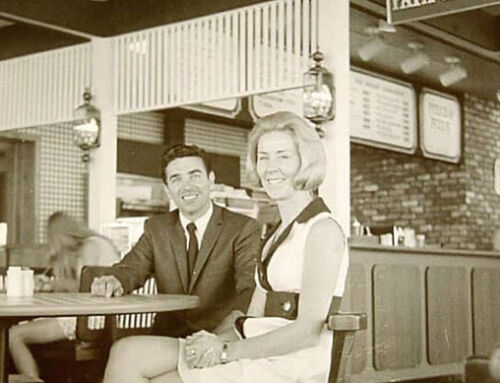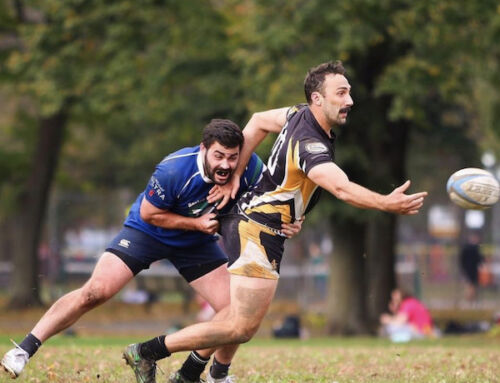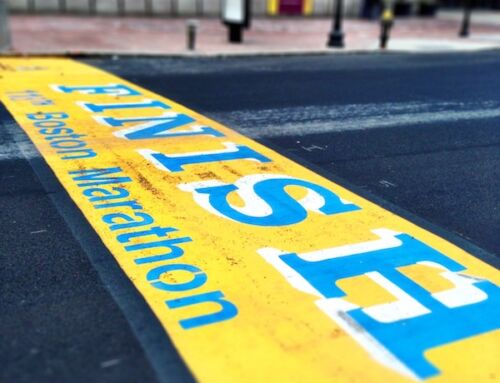During her life, Julia Ward Howe (1819- 1910) was called the “foremost woman in America” which is a pretty impressive statement! Julia Ward Howe was a poet, a playwright, a world traveler, a highly sought after speaker, a mother, an abolitionist and a suffragist. AND, most importantly, for us here at Caught in Southie, she lived in South Boston for almost twenty years!
Julia Ward was born in New York City to wealthy parents. She lived a very privileged life even though her parents died early in her life. She eventually married Bostonian Samuel Gridley Howe who was twenty years her senior. That name might sound familiar to Caught in Southie readers because Dr. Samuel Gridley Howe was the founding director of the Perkins School for the Blind which was located, for a time, right here in South Boston.
After the Howes were first married, and after their very, long honeymoon in Europe (it was so long they had their first child while still on the trip – the 19th century for wealthy folks sounds like it was a good time!) they came back to Boston and moved into a wing at The Perkins School.
Eventually, Dr. Howe bought the family a house, on a muli-acre piece of property at the base of Thomas Park near the end of Story Street. The house even had a name: Green Peace! The family lived at Green Peace from 1845 to 1863. During that time the family had more children, travelled globally and Julia Ward Howe wrote and published books of poetry. The Howes were abolitionists and, in 1861, they travelled to Washington DC. While they were there, they witnessed fighting between Union and Confederate troops in Virginia. The Union troops, on their way into battle were singing a song “John Brown’s Body” that was set to the tune of an old Scottish Song.
Julia Ward Howe was so impressed, seeing and hearing the troops made such an impression, that, later that same night, November 18, 1861, Ward was inspired to write a poem that, she felt, better fit the music she heard the troops singing. Her work, published in The Atlantic in 1862, would go on to become one of the most famous songs in the world;
it starts:
Mine eyes have seen the glory of the coming of the Lord;
He is trampling out the vintage where the grapes of wrath are stored;
He hath loosed the fateful lightning of His terrible swift sword:
His truth is marching on.
Ah, yes, The Battle Hymn of the Republic, a favorite of both Abraham Lincoln AND Johnny Cash.
The song is a global touchstone: the last thing the public heard Martin Luther King say was “Mine eyes have seen the glory of the coming of the Lord.”; it was sung at September 11th Memorial Services in both Washington, D.C., and London; and it was played at the funerals of both Ronald Reagan and Winston Churchill.
And what’s so cool about The Battle Hymn of the Republic for us here in Southie? While Howe didn’t write it while she was literally here in Southie, she was a Southie resident when it was written, published and began to become so important culturally. The family did move out of South Boston to Beacon Hill in 1863 (their Southie House is no longer standing; their Beacon Hill House is). The Howes did some of their most important, and long lasting work, while living right here in our neighborhood.
Image via Historic Boston
Lower End homeowner since 2005. Mom of three BPS kids. Friend to all except those who don’t clean up after their dogs and/or who put their trash out in kitchen bags (seriously, people, it’s not that hard to use a barrel). Queen of the Nerds (okay that one is only in my dreams).






Great read as a former Southie resident born in 1946 and lived there on East Fifth Street for 10 years!